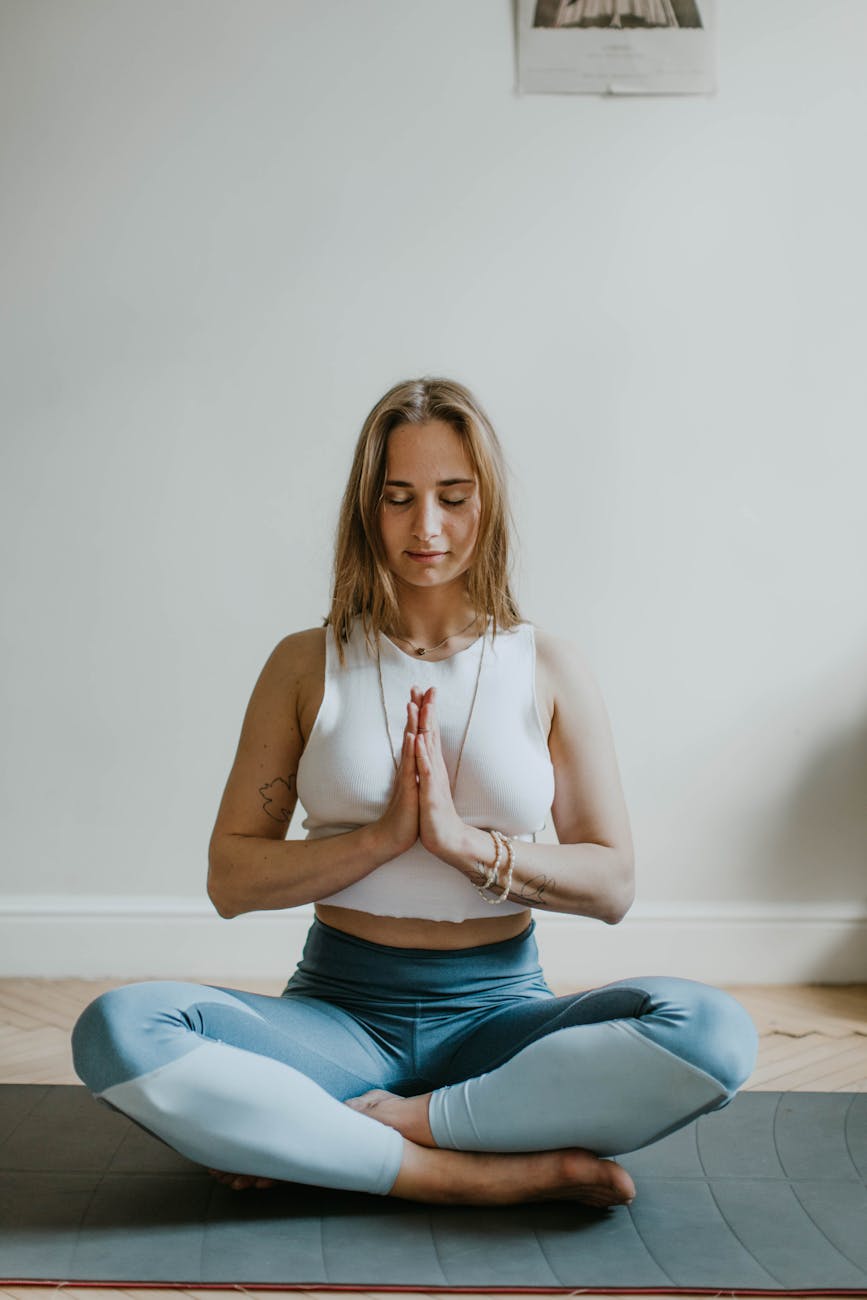
Effective Routines for Deep Sleep
A well-established evening routine can make the difference between a restless night and a restful sleep. Here are some things you can do to achieve deep sleep:
- Stick to a fixed schedule – Go to bed and wake up at the same time every day, even on weekends. This helps your body regulate its circadian rhythm.
- Avoid screens before bedtime – The blue light from your phone, tablet, or TV can affect melatonin production, the sleep hormone. Try to avoid devices at least an hour before bed.
- Create a relaxing environment – Your bedroom should be dark, quiet, and cool. A temperature of around 18-20°C is ideal for sleep.
- Engage in a relaxing activity – Read a book, listen to soothing music, or do some breathing exercises to prepare for sleep.
- Avoid heavy meals and caffeine in the evening – Caffeine and heavy foods can slow digestion and disrupt your sleep.
Teas and Foods That Help with Sleep
Nutrition plays a key role in sleep quality. Certain foods and drinks can contribute to better sleep:
- Chamomile tea – Has relaxing properties and helps reduce stress.
- Warm milk – Contains tryptophan, an amino acid that promotes melatonin production.
- Bananas – Rich in magnesium and potassium, minerals that relax muscles and promote sleep.
- Almonds and walnuts – Contain natural melatonin and help regulate the circadian rhythm.
- Oats – Stimulate serotonin production, the happiness hormone, which promotes relaxation.
Proven Techniques to Fall Asleep Quickly and Wake Up Full of Energy
If it takes you a long time to fall asleep, try these effective techniques:
- The 4-7-8 breathing technique – Inhale deeply for 4 seconds, hold your breath for 7 seconds, and exhale slowly for 8 seconds. This technique calms the nervous system and induces sleep.
- Progressive muscle relaxation – Tense each muscle group for a few seconds, then relax them. This helps reduce tension and induce sleep.
- Visualizing a peaceful place – Imagine yourself on a beach or in a quiet forest. This mental exercise reduces stress and helps you fall asleep faster.
- Morning sunlight exposure – Exposure to natural light in the morning regulates your biological clock and improves sleep quality at night.
- Avoiding long afternoon naps – If you nap for more than 30-40 minutes during the day, it may be harder to fall asleep at night.
Quality sleep is not a luxury but a necessity. By adopting effective routines, consuming beneficial foods, and applying proven techniques, you can achieve deep and refreshing sleep. With small steps, you can turn sleep into a pleasant and regenerative experience every night!







